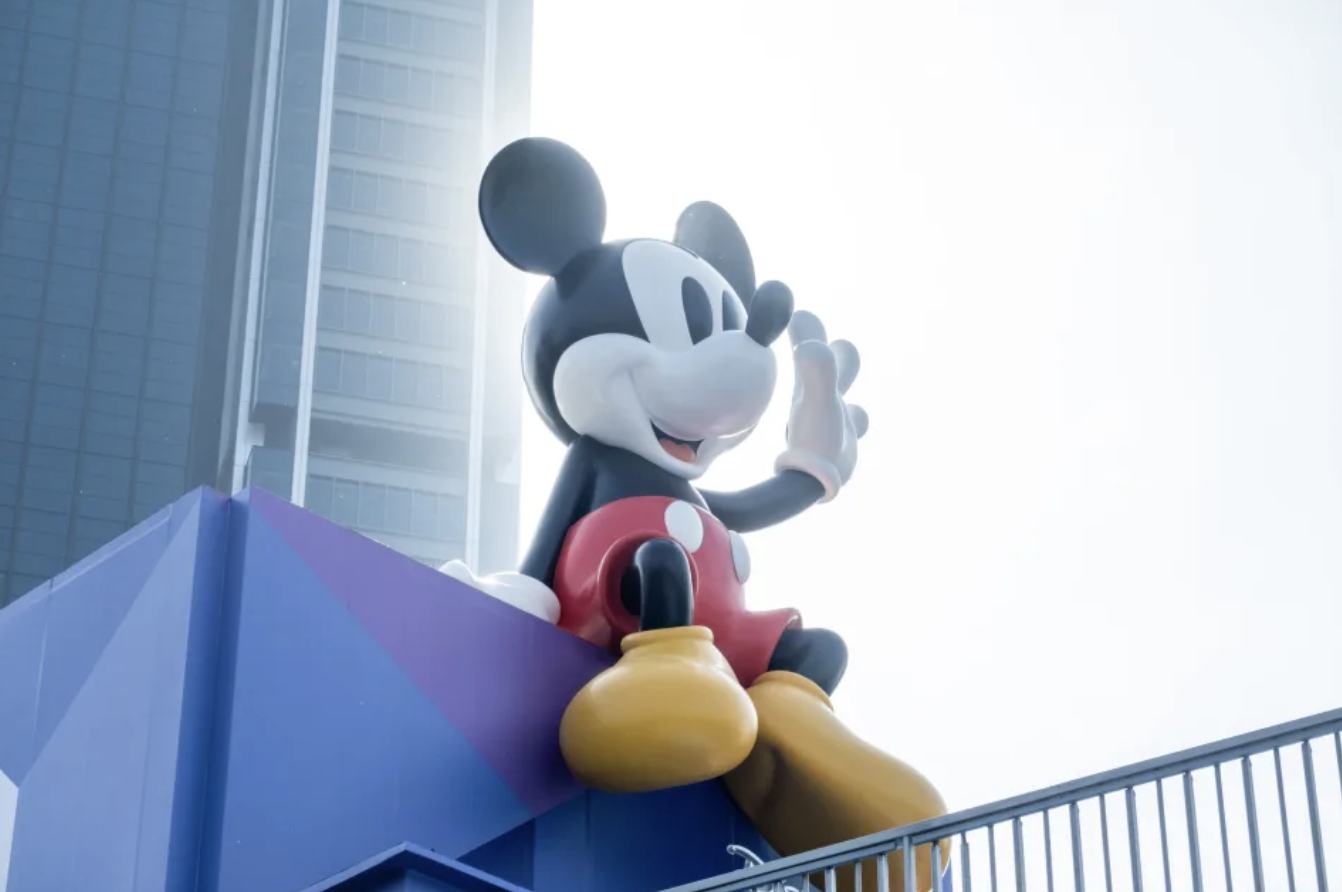Flashy AI isn’t the only force disrupting giant companies
Conventional thinking suggests that artificial intelligence is driving major disruption at large publicly traded companies.
Conventional thinking suggests that artificial intelligence is driving major disruption at large publicly traded companies. And you wouldn't be wrong in buying into that prevailing thought.
Why else does Nvidia's (NVDA) stock price refuse to go lower for any long stretch? The company's leading-edge generative AI chips are extremely in demand by deep-pocketed companies doing the global disruption.
Why are layoffs sweeping through Big Tech companies such as Alphabet (GOOG, GOOGL) and Amazon (AMZN)? Executives are resetting their cost structures to reinvest in AI, which they believe is needed to annihilate their less-nimble foes.
But there is way more disruption going on in corporate America than AI running amok and changing the standard ways of executing.
If you stick with the disruptors, you stand to build wealth over time. Conversely, if you fail to spot the disrupted, it's probably going to end badly for your portfolio, full stop.
I would like you all to build wealth, not see it go up in smoke, so here are a few examples to use as a template when assessing your own portfolio for disruptors and those being disrupted:
Big media
Mighty Disney (DIS) just reinforced the blurring lines in media consumption and why it's probably going to be a winner over time.
Last Wednesday, in a stroke of genius, the company joined forces with Epic Games for a new digital ecosystem. Digital ecosystems are only likely to grow in importance in the years to come, and Disney realizes this. Why do you think Apple (AAPL) and Meta (META) are all in on virtual and augmented reality?
With this announcement, Disney likely has the folks at Electronic Arts (EA) shaking in their Madden cleats. Comcast (CMCSA) execs are probably wondering why they didn't pull the trigger on buying EA last year, as was speculated.
Couple that with Disney's new streaming sports tie-up with Fox (FOXA) and Warner Bros. Discovery (WBD), and the company has laid the foundation for a decade of disrupting rivals in media.
For instance, what does this new streaming deal mean for Paramount (PARA), which has a lucrative NFL deal through 2032? You can learn more about this disruption in my Yahoo Finance Live interview with Paramount CEO Bob Bakish.
Bottom line: AI is not a huge factor in this big media disruption; it's just good old-fashioned structural industry changes.
Legacy tech
PayPal’s (PYPL) earnings this week reaffirmed the view among many on the Street that it’s a legacy tech company being seriously disrupted, and new CEO Alex Chriss has a tall order in front of him to get investors excited again.
As Evercore ISI analyst David Togut wrote: "PayPal continues to confront the twin challenges of market share and customers loss in its branded PayPal wallet business and negative mix shift toward its high-growth, low-take-rate payments platform, Braintree."
Who is PayPal being disrupted by? It may be Stripe, Visa (V), American Express (AXP), Apple Pay, and Google Pay. Yet, why are people blah on using PayPal and maybe even Venmo, and what does this all mean for PayPal investors who have endured a 28% stock price decline in the past year?
Beats me, but it's all disruption that may get worse before it gets better for the storied payments giant.
Bottom line: PayPal's biggest issue also isn't an AI one.
New tech
What an absolutely awful quarter and conference call for Snap (SNAP) and CEO Evan Spiegel this week.
The stock deserved to be hammered by 34% on Wednesday, as it's another earnings period in which Snap's executive team seems to be out to lunch on the mood among its investors. But this disaster says a lot about the flywheel of power for Meta, TikTok, and even Elon Musk’s X, formerly known as Twitter. These three platforms are growing stronger every single day, while Snap appears to be heading down a path of irrelevancy amid intense disruption.
For instance, Meta is so back in its groove that it's handing out a dividend for the first time, whereas Snap is handing out pink slips again to 10% of its workforce.
One year from now, Snap's story is probably not going to be pretty as its rivals get more entrenched in their winning ways. Blame disruption.
Bottom line: There's a little bit of AI disruption in this case, but it's not the overwhelming factor.

